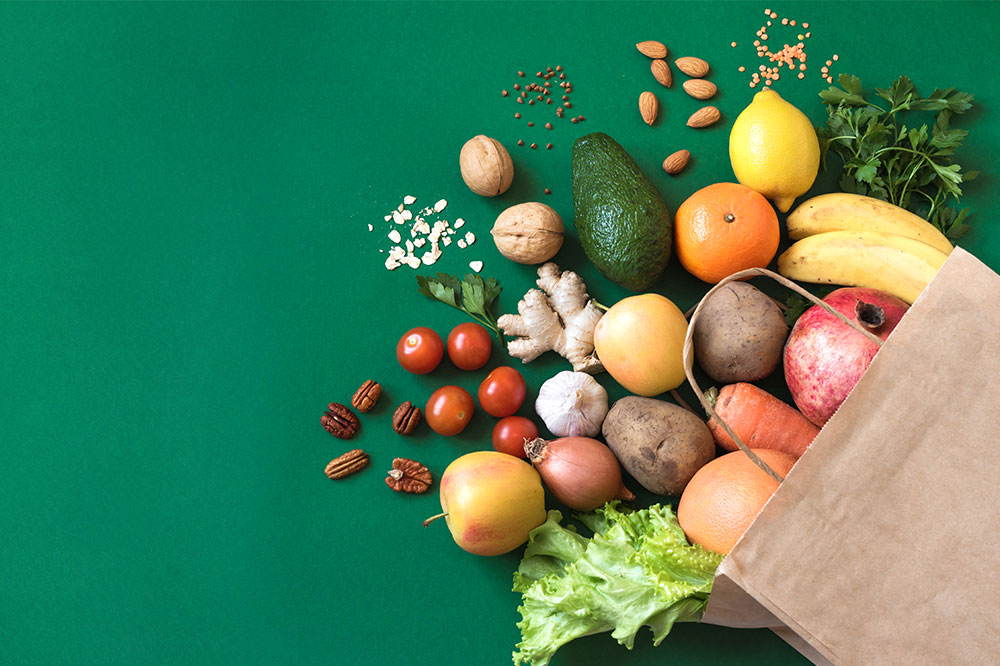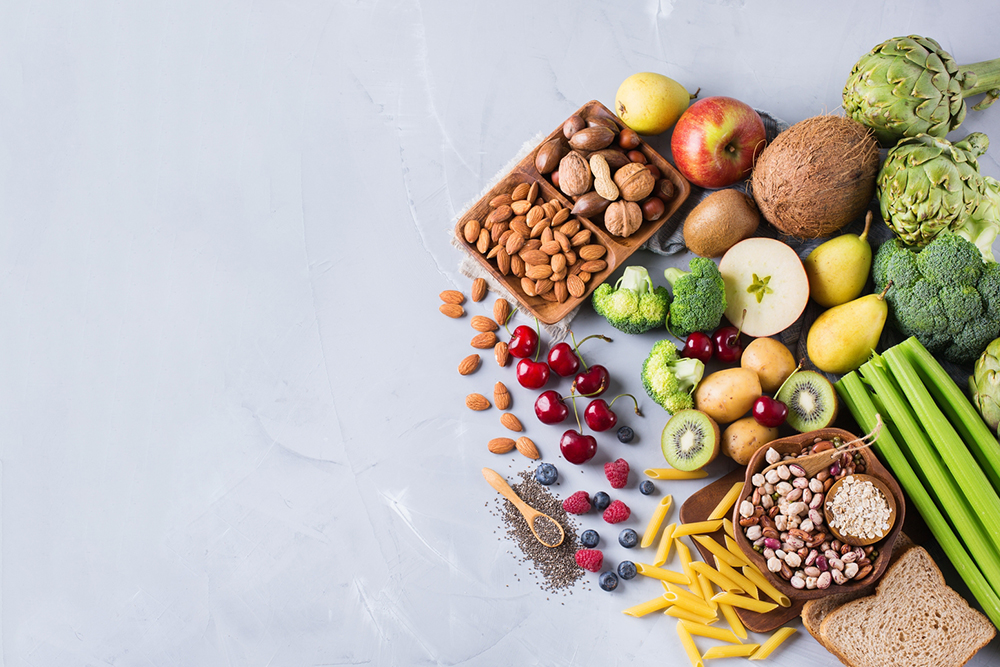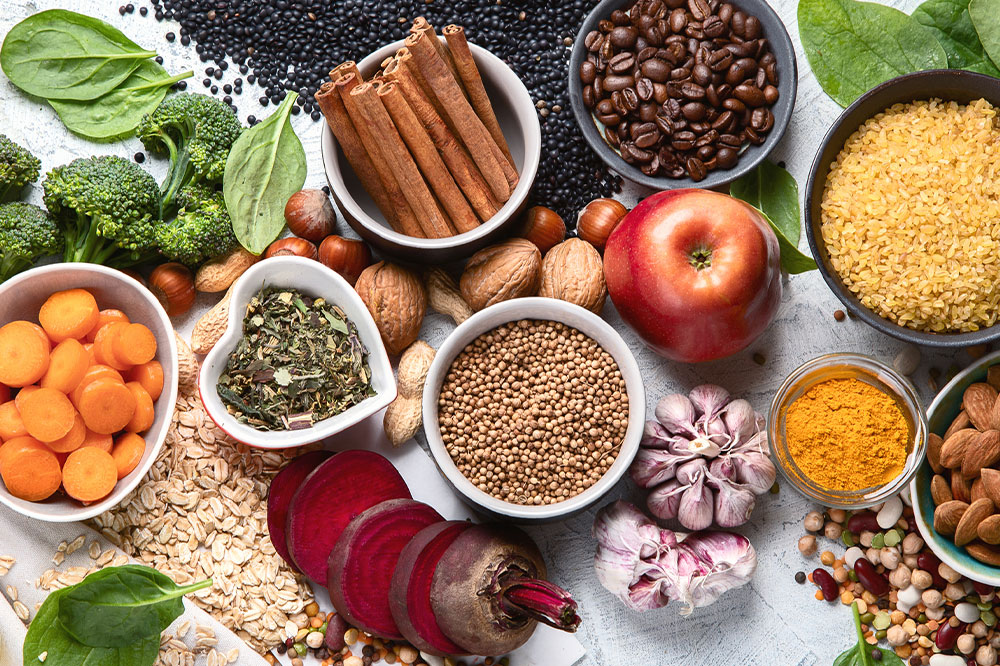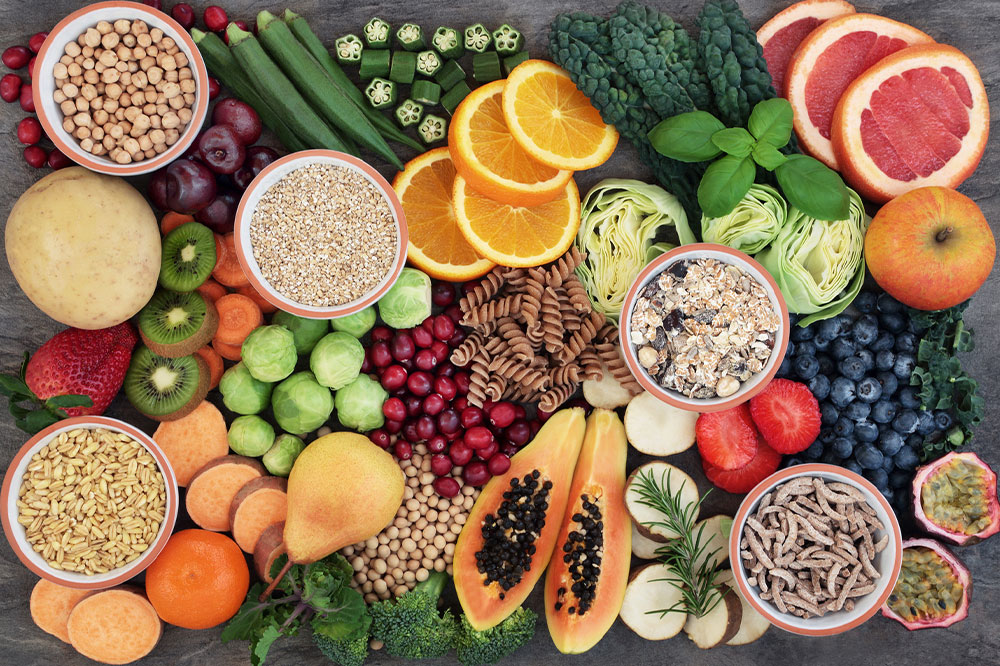Nutritional Strategies to Alleviate Parkinson’s Symptoms
Discover effective dietary tips for managing Parkinson’s symptoms through antioxidant-rich, omega-3, and vitamin-packed foods. Learn which foods to include and avoid to support neurological health and complement medication treatments. This guide emphasizes nutritional strategies to slow disease progression and improve quality of life.
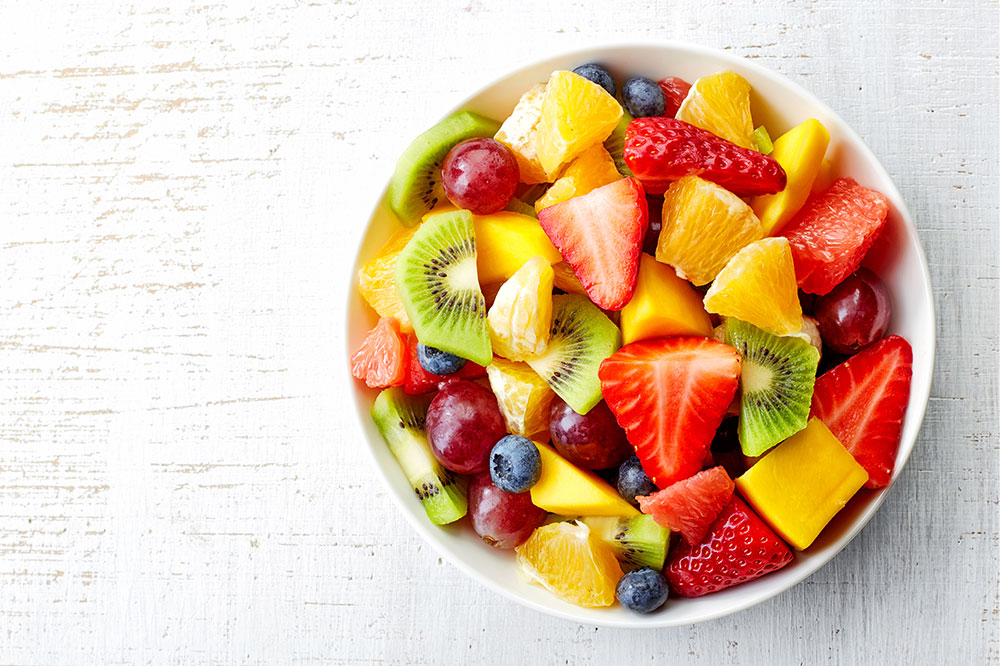
Nutritional Strategies to Alleviate Parkinson’s Symptoms
Parkinson’s disease gradually impairs motor control, stemming from nerve system damage that disrupts brain signals. Early signs include slight tremors, progressing to stiffness and mobility challenges. Managing the condition typically involves medications combined with dietary adjustments and lifestyle modifications. Keep reading to learn more about beneficial foods for Parkinson’s.
Antioxidant-rich foods
Oxidative stress can accelerate neuron damage in Parkinson’s. Consuming foods high in antioxidants helps neutralize free radicals and safeguard healthy cells.
Dark leafy greens like spinach and kale are excellent antioxidant sources. Fruits such as grapes, pomegranates, blueberries, cranberries, blackberries, goji berries, and elderberries actively combat oxidative damage. Nutrient-dense vegetables like tomatoes, peppers, and eggplants are highly beneficial. Adding nuts and seeds—walnuts, pecans, Brazil nuts, pistachios—can enhance flavor and nutrition.
Omega-3 Fatty Acids
Healthy fats are known to slow chronic disease progression. Omega-3s reduce nerve inflammation, inhibit neurodegeneration, and improve neural communication, aiding in symptom management.
Seafood such as salmon, sardines, anchovies, mackerel, oysters, and herring are rich in omega-3s. Non-fish sources include flax seeds, soybeans, and kidney beans. Omega-3 supplements are also options for those who do not consume seafood regularly.
Vital Vitamins and Minerals
Adequate intake of iron, zinc, and vitamins B1, C, and D supports immune health and reduces symptom severity. Iron can be found in red meats, liver, beans, and nuts. Vitamin B1 sources include bananas, oranges, and whole grains. Citrus fruits, potatoes, peppers, and berries provide vitamin C, while vitamin D is present in fortified foods, eggs, and oily fish. These nutrients help modulate inflammation and cellular health.
Foods to Limit or Avoid
Consume fewer dairy products, saturated fats, and processed foods, as they may worsen oxidative stress and accelerate disease progression by elevating cholesterol and blood pressure levels.
Parkinson’s Treatment Medications
Medications like Ongentys® assist in slowing neuron degeneration by inhibiting harmful enzymes. They help control tremors, muscle stiffness, and motor issues.
RYTARY (carbidopa and levodopa)
RYTARY, containing carbidopa and levodopa, is a long-acting drug prescribed for Parkinson’s symptom management. It reduces “off times,” alleviates tremors, stiffness, and slowness of movement, improving quality of life.

